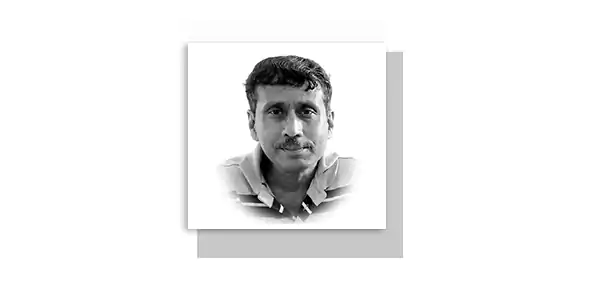UNDOUBTEDLY, the introduction of a single, unified tax reform has brought about a major transformation in the Indian tax administration. The elimination of a number of indirect taxes has also made tax compliance easier for businesses and helped make many goods and services more affordable for consumers.
Of equal significance were those meaningful interventions to reduce the tax on certain areas, such as essential goods, food items, and life-saving drugs. The reduced rate of 5% is a genuinely helpful step in the right direction. In very similar lines, certain medicines are also extended at a lower rate of 12% GST, which is another supportive gesture from the Union Government.
However, GST charged on the entire spectrum of insurance services is unfortunately at the rate of 18% (9% + 9%). And this includes the much-needed service of health insurance as well. Add to this the fact that a great many seniors in their evening years depend solely on health insurance for their health needs, especially the high-cost hospitalizations that they have to undergo in their late years, with no one to turn to, either from within the family or governmental support.
Times have changed, and the unsupported MAPL and APL geriatric population increasingly rely on the meagre savings they create during their active career period for the benefit of their post-retirement life and health management. With children mostly away, engaged in their own livelihoods and jobs, a great many of them are relying on their health insurance policies as a tool to protect them from increasing medical costs.
Many modern governments have implemented various strategies to deal with the medical expenses of the geriatric population, which typically requires more healthcare services due to their age-related health conditions. Unfortunately, in India, we do not have any such systems available as of date.
Even though the fact remains that the Indian Government has taken a few initiatives in the healthcare sector for the common benefit of the elderly, they predominantly address the needs of the BPL sector and retired government employees. Except for the rich and super-rich, the MAPL and APL populations, after contributing all that they could towards nation-building (through taxes), are practically left in the lurch in their late years, when health becomes compromised for most.
Their only fallback option, health insurance, becomes increasingly costly as the premium cost is linked to age. As of date, it has shot up steeply thanks to the heightened claims costs arising from the COVID-19 pandemic and its complications.
An important element that adds to the cost proportionately is the GST factor, which escalates the cost by an additional high element of nearly 20%. Of course, the health insurance costs offer a tax deduction benefit to the taxpayers, but a huge proportion of the elderly who do not have taxable income are not entitled to this benefit either.
This appeal is to make a deviation in GST rules confined purely to medical and health insurance. The act of “no GST” on the premium element of medical policies for persons beyond the age of 60 can go a long way in helping the distressed geriatric population in India. This would be an enormously helpful gesture to the seniors of India. It is my solemn submission that the cited request be considered in earnest for the benefit of the elderly population of India, whose means of income are limited and healthcare needs unlimited.
—The writer is contributing columnist, based in Mumbai, India
Email: [email protected]










